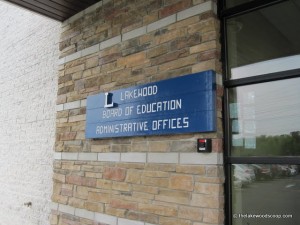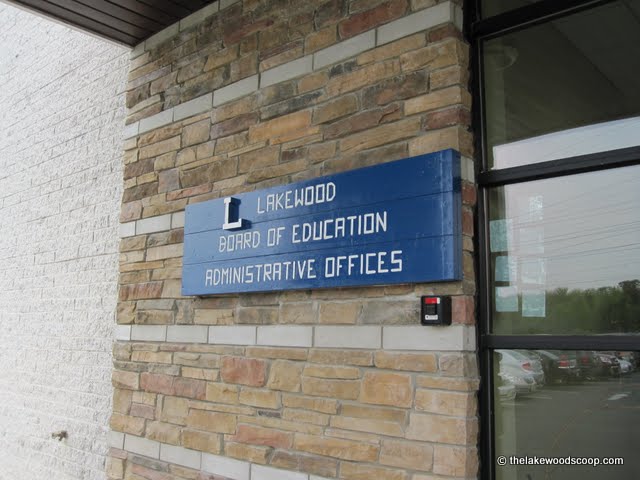 The Assembly Education Committee unanimously approved bipartisan legislation sponsored by Assembly Republicans Mary Pat Angelini and Donna Simon that would create a task force to improve the funding, delivery and effectiveness of special education programs and services in New Jersey.
The Assembly Education Committee unanimously approved bipartisan legislation sponsored by Assembly Republicans Mary Pat Angelini and Donna Simon that would create a task force to improve the funding, delivery and effectiveness of special education programs and services in New Jersey.
“It’s time for a comprehensive examination of New Jersey’s special education programs to determine a more efficient and effective way of helping students achieve their fullest potential,” said Angelini, R-Monmouth. “New Jersey has some outstanding special education teachers and programs and we can apply their best practices to improve programs throughout the state.”
Angelini and Simon sponsor a bipartisan bill, that was first introduced by Assemblyman Dave Rible, R-Monmouth, in response to an Asbury Park Press series in 2010 on New Jersey’s special education system. The series, “Special Care, Unknown Costs,” questioned the cost and effectiveness of the state’s various special education programs. The series revealed a lack of standards and little oversight of how the $3 billion spent on special education every year is utilized.
Under the bill, the Task Force on Improving Special Education for Public School Students would study various issues including:
Methods of classifying and education special needs students.
Best practices for special education.
Strategies to reduce costs associated with out-of-district placements.
Standards to ensure programs meets students’ needs and focus on achievement.
“This task force will provide the blueprint we need to build a better model of special education that is focused first and foremost on student achievement,” Simon, R-Hunterdon, Somerset, Mercer and Middlesex, said. “This task force will reflect the best ideas of talented educators, caring advocates and passionate parents who have the best insight into we need to make New Jersey’s special education system the best in the nation.”
The task force would consist of the state Education Commissioner and 16 members appointed by the Governor, included parents, teachers, administrators and advocates involved in the special education community. The task force would have 180 days after it organizes to present its findings and recommendations


The federal, Individuals with Disabilities Educational Act (IDEA), requires districts to find and evaluate all students living within the district, including our children. Failing to provide adequate education to children with special needs is discriminatory under the United States Constitution, §504 of the Rehabilitations Act (RA), and the Americans with Disabilities Act (ADA).
Lakewood has large numbers of students who are educated elsewhere than at the public school. Under the census-method method of funding used in New Jersey, the cost of special education is funded by multiplying public school enrollment by 0.1469. The state assumes that special education students make up 14.69% of their enrollment.
But this formula, as applied to Lakewood, deprives our children of their NJ constitutional right to a thorough and appropriate education and their US constitutional right of equal protection. The find and evaluate process and subsequent services are inevitably compromised as it takes finding seven “previously excluded handicapped children into the public education” system before the state pays for one of our kids. (quoted language from Board of Educ. of Hendrick Hudson Central School Dist., Westchester County v. Rowley, 458 U.S. 176, 189, 1982)
The state’s own consultant questioned the census method of funding as recently as 2011. “[We] drew two tentative conclusions from the existing data: (1) New Jersey might need to consider funding special education based on the actual enrollment of special education students in districts and (2) the state might need to consider some differentiation of funding for higher cost students before the extraordinary aid threshold is reached.” (Augenblick, Palaich and Associates, Analysis of New Jersey’s Census-Based Special Education Funding System 49, Prepared for the New Jersey Department of Education, 2011).
For students in private placements, the extraordinary aid threshold is $55,000. Once that threshold is reached, the state picks up 75% of the cost. With over 100 children reaching the extraordinary threshold and five times as many children in private schools than are registered in public schools, the present funding formula inevitably lead to a deprivation equal protection of our special needs children.